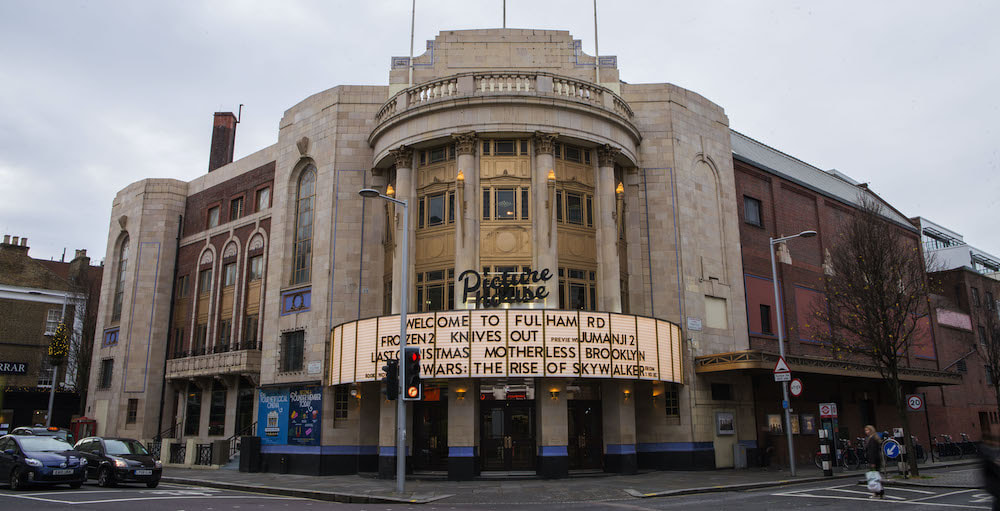Picturehouse, the UK boutique cinema arm of ailing global exhibitor Cineworld, has officially confirmed the closure of two historic UK venues that it revamped prior to the Covid-19 pandemic.
The distributor and exhibitor announced the closure of its Fulham Road theatre on July 11 in an email to members of its loyalty scheme.
Titled “A fond farewell to Fulham Road”, the message read: “We’re very sorry to announce that we’ve made the tough decision to close Fulham Road Picturehouse from Thursday 11 July. Between now and then, you can contine to enjoy all the cinema has to offer.”
The mail-out comes just two days after the company confirmed on its X account that its Bromley Picturehouse theater in outer London would be closing on August 1.
The announcements follow news in early June that Cineworld is exploring options for its UK business that could include a potential sale or restructuring.
According to a Sky News report, Cineworld has enlisted AlixPartners, which helped the exhibitor navigate Chapter 11 in the U.S. in the wake of its pandemic era losses.
Neither Picturehouse nor Alix Partners have responded to questions for an update on future plans for Cineworld’s UK assets or whether other cinema closures are on the cards.
Both cinema theatres are listed buildings dating back to the 1930s as well as well-known and much loved venues within their respective locations.
Picturehouse took over management of both venues from Cineworld in 2019 and set in motion ambitious revamps to return them to their 1930s glory.
The company failed to reap the benefits of the ambitious scheme with the Covid-19 pandemic shutting down the entire exhibition sector just months after the beautifully restored venues re-opened for business.
The future of both theatres is unclear.
There have unconfirmed local rumors that the Fulham Road theatre has been earmarked for development into luxury flats, while a London property management company recently applied for an entertainment licence for the site.
In Bromley, news of the imminent closure has sparked a local campaign for the theatre to remain open.
